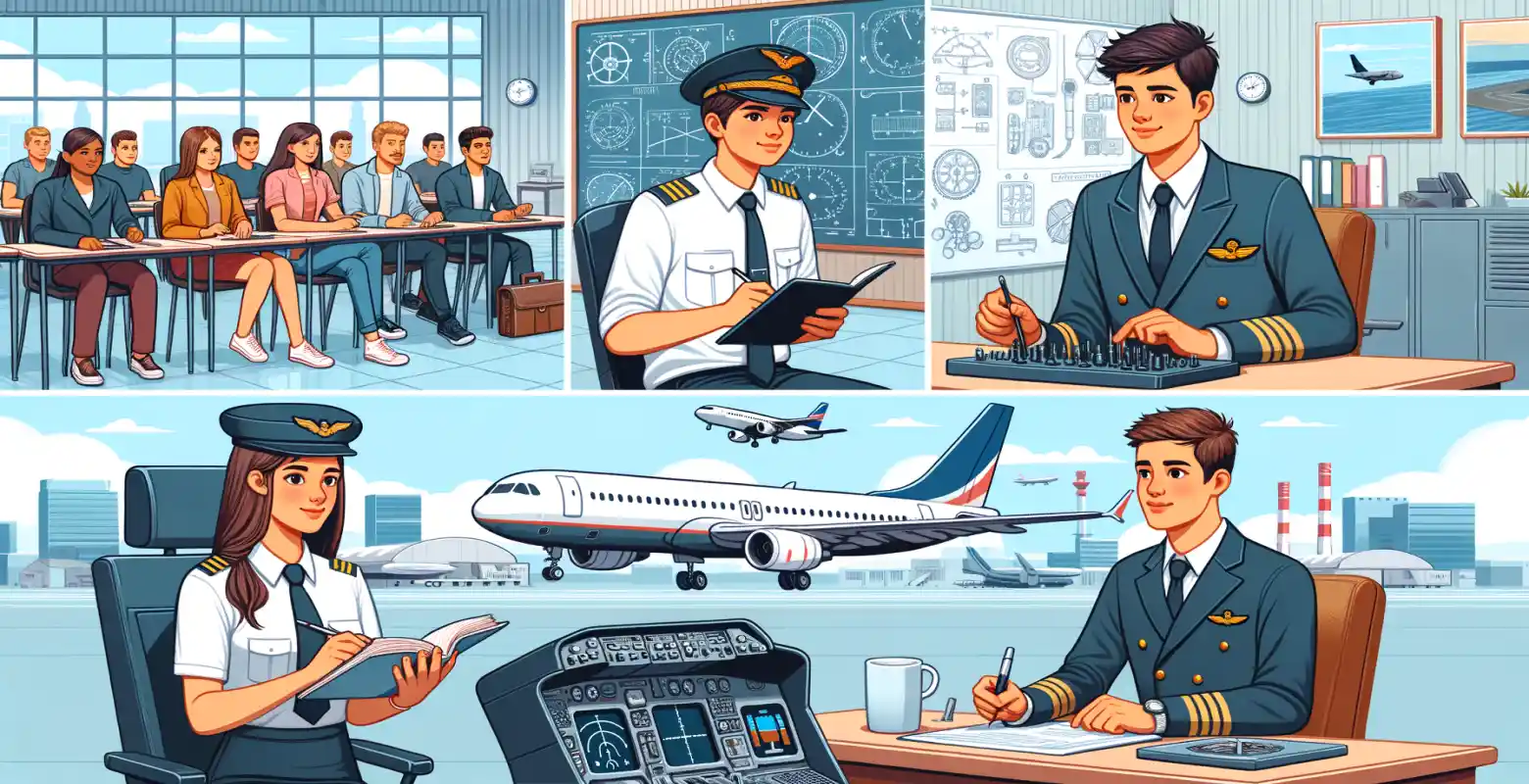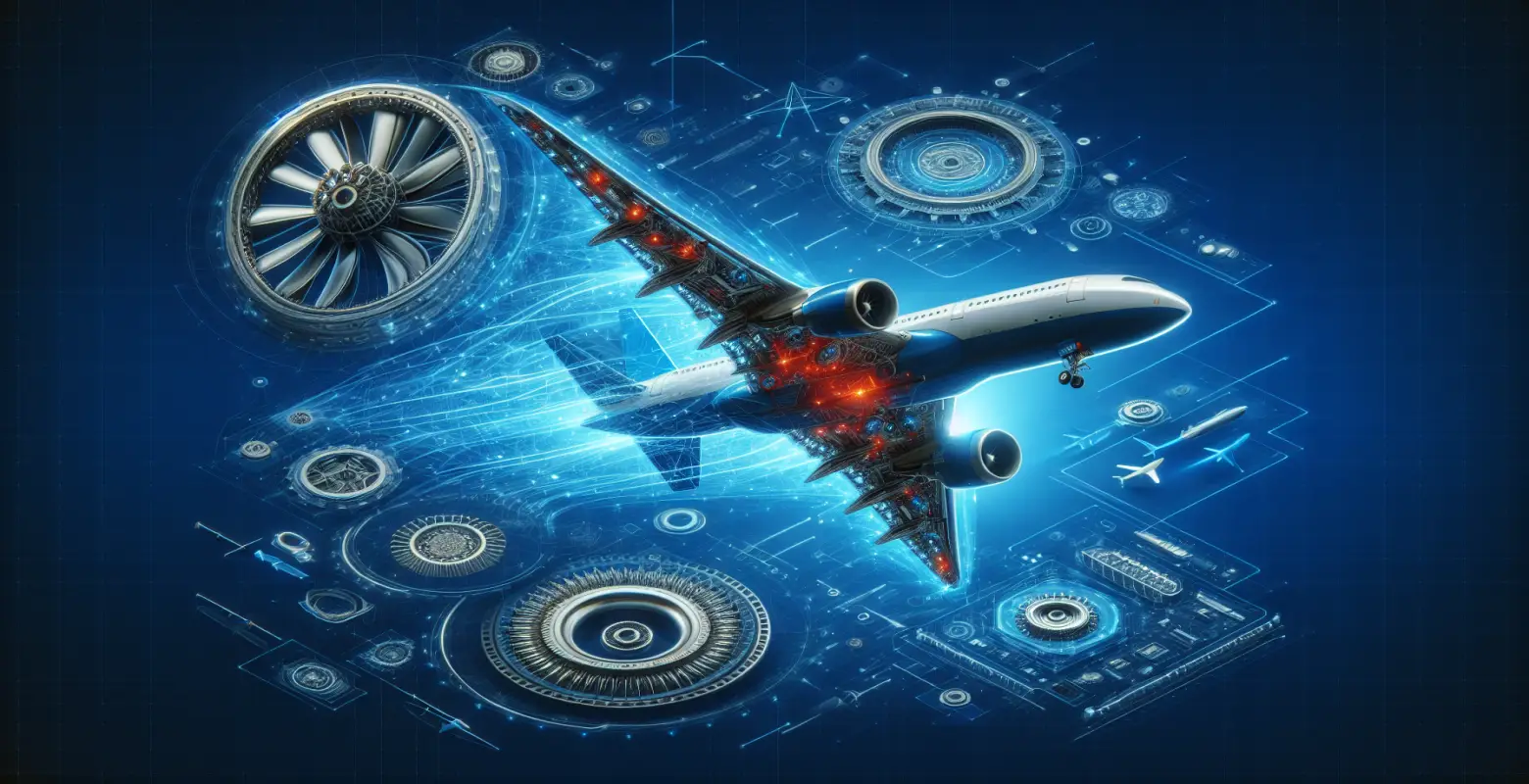How to gain experience in the aviation industry?
Introduction
The aviation industry is one of the most dynamic and innovative sectors of the global economy. As the world becomes increasingly interconnected, the demand for aviation services is growing, making experience in this field extremely valuable. Gaining experience in the aviation industry can open doors to exciting and well-paying career opportunities. In this article, we will discuss how to gain experience in this fascinating industry, considering the various career paths it offers.
Diversity of Roles in the Aviation Industry
Working in aviation is not just about piloting aircraft. The aviation industry is a complex system that encompasses various professions and specializations. You can find work as an engineer, air traffic controller, maintenance technician, flight attendant, and even airport management specialist. Each of these roles requires specific skills and experience, and offers different career development paths.
Importance of Education and Training
The foundation of any aviation profession is proper education. Many universities offer aviation-related programs such as aeronautical engineering, aviation management, or navigation. It is important to acquire theoretical knowledge, but practical skills are equally essential. Considering specialized courses and training, which are often required by employers in the industry, is worthwhile.
Internships and Training as the First Step
One of the best ways to gain experience in aviation is through internships or training. Most airlines and aircraft manufacturers offer internship programs for students and graduates. Participating in such a program allows you to gain practical knowledge, develop skills, and establish valuable industry contacts.
Certificates and Licenses
Many roles in aviation require specific certificates and licenses. For example, to become a pilot, obtaining a commercial pilot license is necessary, which involves completing relevant courses and passing exams. Similarly, aircraft technicians must possess certificates confirming their skills in aircraft servicing and repair.
The Role of Networking in the Aviation Industry
Networking plays a crucial role in career development in aviation. Participation in conferences, air shows, and membership in industry associations can help establish contacts with professionals who may be helpful in the future. Good relationships can lead to new career opportunities and collaboration on projects.
Technological Innovations and the Future of the Industry
The aviation industry is at the forefront of technological innovations. Modern aircraft are becoming increasingly technologically advanced, and the development of technologies such as artificial intelligence, drones, or electric propulsion is changing the face of aviation. Those interested in working in this industry should follow the latest technological trends and develop skills in areas that will be crucial in the future.
Challenges and Benefits of Working in Aviation
Working in aviation comes with many challenges, such as demanding schedules, the need for continuous learning and adaptation to new regulations or technologies. However, the benefits, such as attractive remuneration, the opportunity to travel, and being part of an innovative industry, often outweigh these difficulties.
Summary
Gaining experience in the aviation industry requires commitment, proper education, and openness to new opportunities. It is a dynamic sector that offers many career paths. Through internships, certificates, networking, and continuous learning, you can build a satisfying career in aviation. If you are ready for the challenges that this industry brings, the future can be truly bright.
Working in aviation, you have the chance to become part of a global community that connects people and cultures worldwide, making this work not only professionally rewarding but also incredibly valuable from a social perspective.






Number of comments: 0